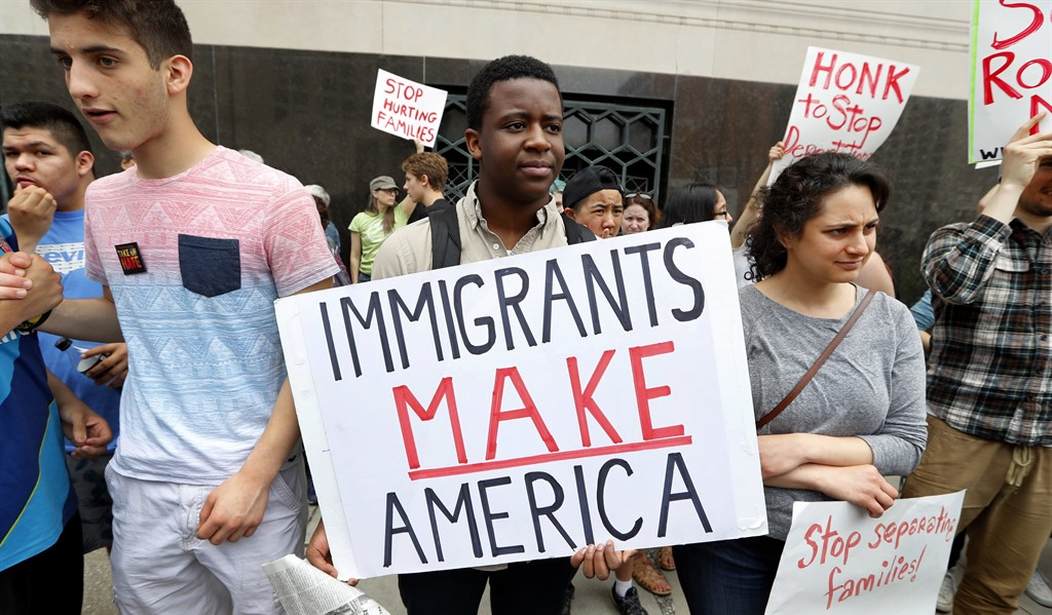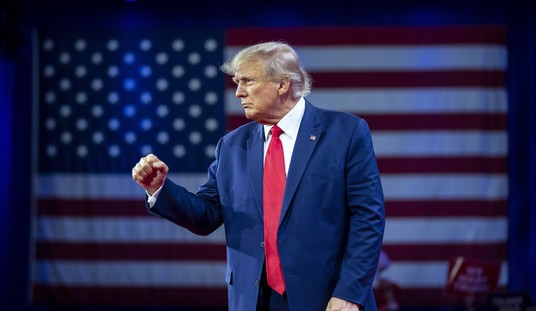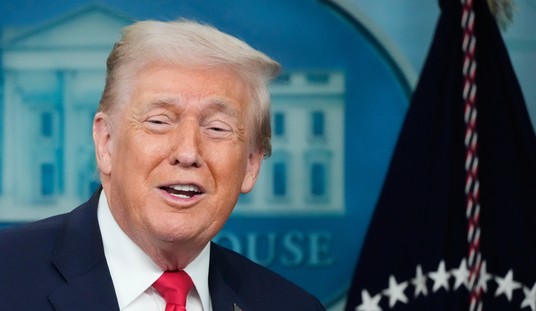Mondays are probably the best day to tackle craziness when it crops up and this case is no exception. For reasons which are completely beyond me, Ilya Somin of the Volokh Conspiracy has once again taken to the pages of the Washington Post, making yet another argument claiming that the federal government has no power to restrict immigration in any fashion. We’ve already tackled some of his arguments here in the past, but let’s see what he’s up to this time.
The latest version of this theory deals with a denial that the Congress has the authority to “define and punish . . . Offenses against the Law of Nations.” In it, Somin takes Rob Natelson to task for his claim that long standing interpretations of international law give each country such authority. While I’m no fan of invoking “international law” when talking about what the United States can and can’t do, that one seems to be a no brainer. The fact that nations have had borders and armies since the dawn of recorded history argues in favor of it.
But Somin can’t even get into that argument without first attempting to brush away recent criticism of his other claims. Here’s how it kicks off.
The text of the Constitution strikingly does not explicitly give Congress any general authority to enact immigration restrictions. Conventional efforts to find that authority in the Naturalization Clause, the Commerce Clause, and supposedly “inherent” powers of sovereignty run into serious problems. Nor is such authority implied by the the Migration or Importation Clause.
You’ll note that Somin provides links in his text, suggesting supporting evidence for the assertion that things like the Migration or Importation Clause have no bearing on the discussion. But just as happened last time this cropped up, one click lets us know that the source Ilya Somin points to in support of his argument is… Ilya Somin. It was a previous piece he published after people (including yours truly) took umbrage with is other self-referenced work at an outlet called “Open Borders” making the same argument. In this one he summons up some of the Federalist Papers authors to buttress his claims.
But the inclusion of the term “migration” was not meant to imply a general federal power to restrict migration, but was a euphemism intended to bolster the pretense that the Constitution did not endorse slavery. As John Jay – the first Chief Justice of the Supreme Court, and coauthor of the Federalist Papers – pointed out in an 1819 letter discussing the Clause:
It will, I presume, be admitted that slaves were the persons intended. The word slaves was avoided, probably on account of the existing toleration of slavery and of its discordance with the principles of the Revolution, and from a consciousness of its being repugnant to the following positions in the Declaration of Independence, viz.: ‘We hold these truths to be self-evident: that all men are created equal; that they are endowed by their Creator with certain unalienable rights; that among them are life, liberty, and the pursuit of happiness.’”
While this is growing tiresome to deal with, let’s at least address the question of what John Jay wrote, oh so long ago. Clearly an argument could be made that some of the founders intended part of that clause to provide a general cover for slavery and were loath to talk about the subject in the founding documents. But even if we are to accept that interpretation, the Constitution talks about “the migration and importation of such persons… think proper to admit.” The two key points here are that migration implies voluntary movement where importation infers goods and property. The latter could obviously be a reference to slaves while the former speaks to actual migrants moving under their own volition. And the word “admit” is rather telling as well, since the option to “admit” implies that someone is asking permission. I doubt many of the slaves were begging to get in. But more broadly, saying that the clause hinted at slavery doesn’t preclude it also covering voluntary emigration from other nations. The two are not mutually exclusive.
In the broader sense, Somin then goes back to arguing that the phrasing of that clause implies a limitation of power, not a granting of it to the federal government after 1808. Allow me to simply repeat here what I wrote two weeks ago when he first attempted this argument.
The Founders had given the subject even more consideration, because they followed that up in Article I Section 9 by saying, “The migration or importation of such persons as any of the states now existing shall think proper to admit, shall not be prohibited by the Congress prior to the year one thousand eight hundred and eight, but a tax or duty may be imposed on such importation, not exceeding ten dollars for each person.” Clearly they were giving the states the right to make decisions on immigration in the short term, but it was very short indeed. Those powers were designed to expire in a handful of years and they did so. Why on Earth would the Founders specifically reference the power of the states to regulate “migration or importation” (which obviously and absolutely describes immigration beyond any doubt) and put an expiration date on it unless they were talking about such power shifting to the federal government? Or, if we must dance on the same head of a semantic pin that Somin is relying on, even if the states had the power to regulate the migration or importation of aliens at the beginning, they were only assured that Congress would not “prohibit” it until 1808. After that, Congress could and did take charge. The premise being argued by Somin seems absurd in light of those facts.
None of those conclusions are altered by Somin’s new line of argument.
But let’s just venture off into the fever swamps with Ilya for a moment and suppose that he’s correct on all counts here. Let us just toss caution to the wind and hypothetically accept that somehow the United States government has zero power to define their own borders and prevent anyone from crossing them. (Sure, he might say that the states can control it, but look at New York and California’s sanctuary status. Do you think they would?) Is that truly what Somin is arguing here? We can control who becomes a citizen, but not who physically steps foot on our soil? Then I suppose an invading army is entitled to land on whichever beach they like and begin marching toward Washington provided none of them break any laws such as shooting people along the way. Some person who international law enforcement has been searching for ever since they finished their AQ training camp program in Afghanistan and left a note saying, “Thanks for all the meals, but I’m off to go blow up that new tower they constructed in New York City” has every right to get off a plane at JFK and grab an Uber toward Manhattan. I mean, if there is no power to prevent the migration of persons, then there are no limits, right?
This is madness. Even if there were some constitutional basis in this argument (which is a dodgy proposition at best) the end result is the intentional suicide of the nation. Remind me again why we’re even having this argument in the first place, please.









Join the conversation as a VIP Member